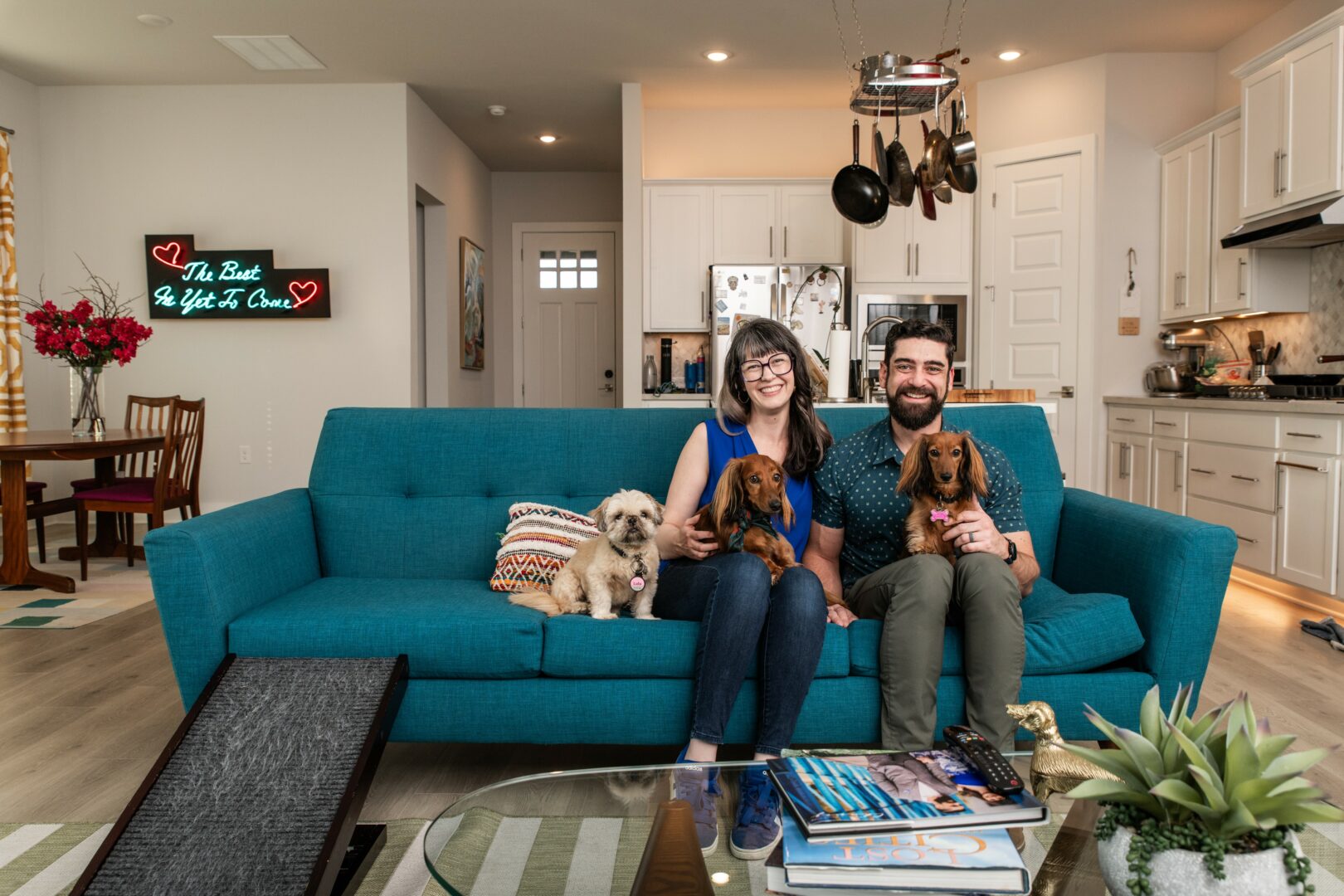We caught up with the brilliant and insightful Alexis Noriega a few weeks ago and have shared our conversation below.
Alright, so we’re so thrilled to have Alexis with us today – welcome and maybe we can jump right into it with a question about one of your qualities that we most admire. How did you develop your work ethic? Where do you think you get it from?
Before I begin, let me just say that the open ended questions here are… self aggrandizing. For anyone who does, in fact, still have imposter syndrome (one question asked how I got over it- answer; I haven’t) literally all of them are like writing a cover letter. You are touting your accomplishments like you are amazing, and you feel like you are lying. Its like pulling teeth. I genuinely hope the questions become more focused and make me feel like less of a pompous asshole writing the answer. Where my work ethic comes from is one of only two that doesn’t feel like an exercise in narcissism or a depressing and short answer.
There are two answers to this question. The first is unending curiosity and need to improve. I genuinely enjoy finding and solving problems, working on puzzles, learning new things in order to problem solve. I am not afraid of failure, and find it an important part of the learning process. There is no such thing as perfect, and while I try not to let perfect be the enemy of done, I am always looking to solve some problem with my work to improve it. I also have so may ideas that I could never get trough and perfect them all. Its a never ending puzzle.
The second answer is severe ADHD. I seem to be literally incapable of relaxing. I am not entirely sure its work ethic as much as it is a complete inability to doing nothing. If I don’t have at least 5 projects going I get bored. I don’t recommend this approach. Its rough.
Thanks, so before we move on maybe you can share a bit more about yourself?
I started my career in costume design as a hobby, something I did on the weekends while during the weekday I had a “real job”. But that job was one I got after the market crash of 2008. While I had a masters degree, I took a job in a adjacent field fit for an undergrad. The job market was absolutely barren. After a few years my hobby became my side hustle, and my job became increasingly more exploitative. I tried to find other jobs, but there was nothing in my field worth having. With encouragement from my partner I decided to bridge the gap between jobs with my hobby. No jobs materialized, but my business eventually boomed.
I attribute this success to a few things. First, encouragement from the maker community, and specifically Xerocraft Makerspace in Tucson, AZ, of which I am now a board member. Forums and posts by other Cosplayers, along with this local non-profit, helped me gain the skills I needed to make my products. Many of the techniques I use are pulled from various other tutorials, refined through years of experimentation, and help from the members and tools of my local Makerspace. I cannot tout makerspaces enough as a wealth of knowledge on techniques and skills needed to refine your ideas. While due to a move I will no longer be a board member of my first Makerspace, I am still working with my local makerspace to teach classes, and I will be helping establish another tool library and makerspace at a local library. I think that innovation does not happen in a vacuum, and finding a community of support is one of many keys to success. I am proud to continue my volunteer work with these non-profits to encourage the next generation of innovators. Finding a supportive community is an amazing way to get your start.
Second, the help of my friends and family, who through hard times helped me tremendously when times were tough. The fact of the matter is success is not guaranteed, no matter how hard you work. I got my big break when a video about my articulating wings went viral. The product was a natural progression of my insane need to constantly improve things that aren’t broken. The video going viral was honestly mostly good timing and luck. While I do agree that what I created and what I do is pretty amazing, it being a particularly amazing costume being showcased in October really helped the video take off (pun intended). It is honestly thanks to that virality that I am able to continue to do art and make a modest living off of it. I would not have been able to bridge the gap between the start of this journey and its success without that support.
Lastly I attribute my success to my inability to consider a project “done”. I do not have an off switch. There is always something to improve. I love to figure out new materials and techniques. Can I make it vegan, can I make it lighter, can I make it more realistic looking? Can I improve the movement, change the movement, create new ways to control them? I love learning new techniques to perfect a design or start a new one.
There is so much advice out there about all the different skills and qualities folks need to develop in order to succeed in today’s highly competitive environment and often it can feel overwhelming. So, if we had to break it down to just the three that matter most, which three skills or qualities would you focus on?
A willingness to fail is one of the things I think people really need to acquire. Trial and error are one of my favorite ways to learn, and error is half of that equation. By messing up you learn something valuable, usually not just what not to do, but a WHY not to do it. That why will help you in your next project. If you just get everything right the first time you wont have anything to bring to the next novel project. Obviously the goal is to know enough to have less error, but never talk yourself out of doing something just because you fear you may fail. Lots of my patrons say they are afraid to start on their own sets because they are afraid to mess up. I tell them that they will. That’s just a part of the process. You don’t get good at doing anything by not starting.
Being willing to ask for help is also really helpful. You don’t need to know everything. Reaching out to someone who knows how to do something similar to what you are trying to do is a great way to get advice or help. You would be surprised at how many people are happy to help! I have reached out to many industry professionals to ask for advice when trying something new. Even if they cant give me a direct answer or don’t have the time to coach me, 9 times out of 10 they will be willing to point you in the right direction.
Be willing to try something new, or spend some time learning a new skill. It may sound silly but having a broad base of skill to pull from is really valuable when approaching new problems. I am a sawist first, but I had to learn metal machining, wood working, AutoCAD, 3D modeling, sheet metal fabrication, electrical engineering, programming and a whole lot more to do everything I do. Each thing you learn helps you approach problems from lots of different angles, and exposes you to resources that you might otherwise not even consider. Having a broad base of knowledge, even if it isnt super deep, is a great way to stay flexible and versatile. I cant tell you how often I amaze the people around me when I approach woodworking or sheet metal like I do sewing patterns and come up with the solution.
Contact Info:
- Website: TheCrookedFeather.com
- Instagram: TheCrookedFeather
- Facebook: The Crooked Feather
- Youtube: The Crooked Feather





Image Credits
neon and autumn fairy photos are “Luna LeFey”, The other blue fairy photo is “Philosophy of Curiosity”.




